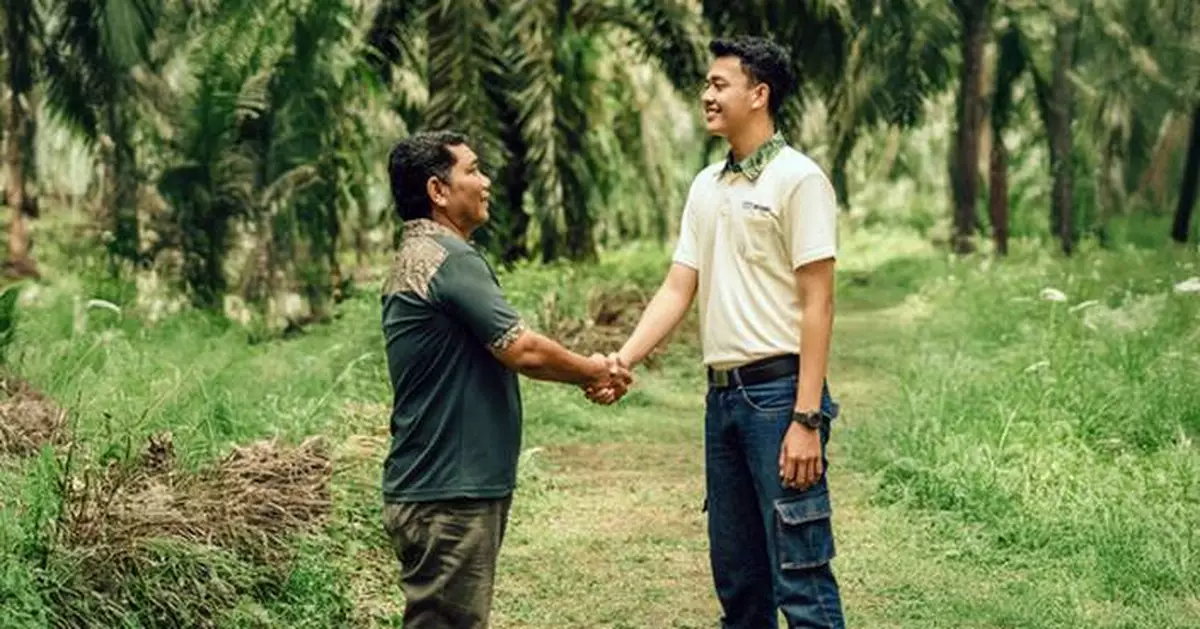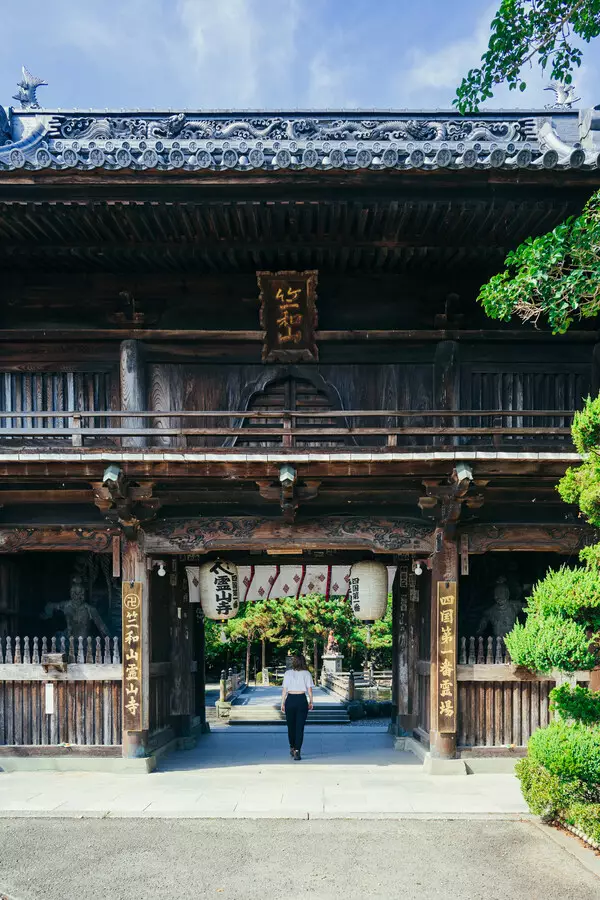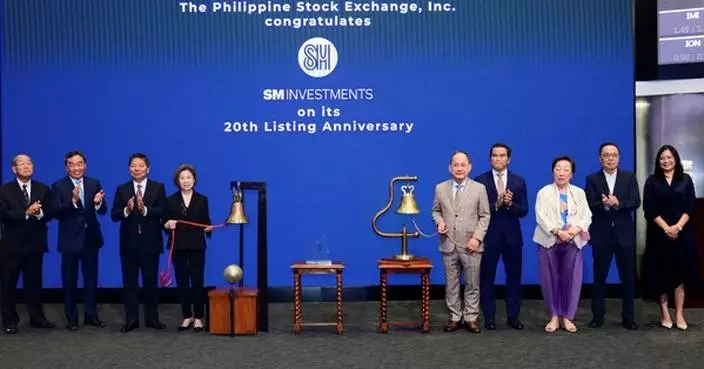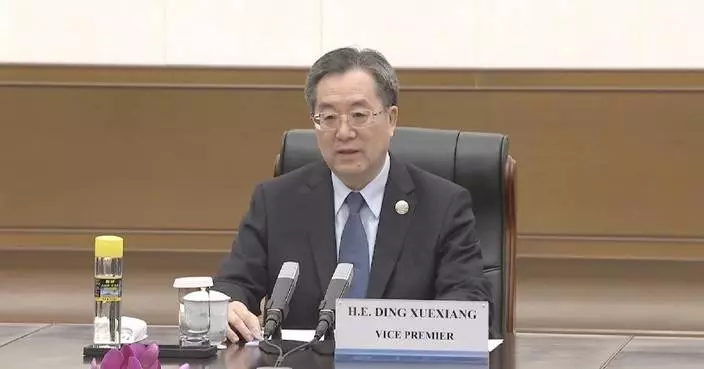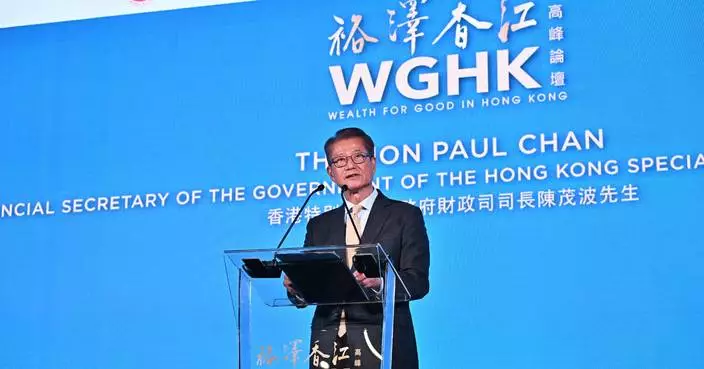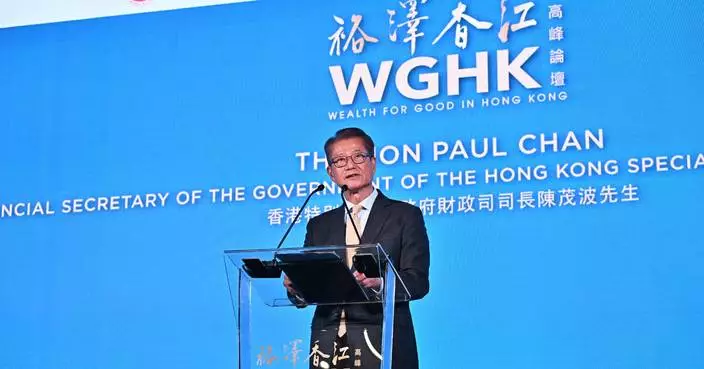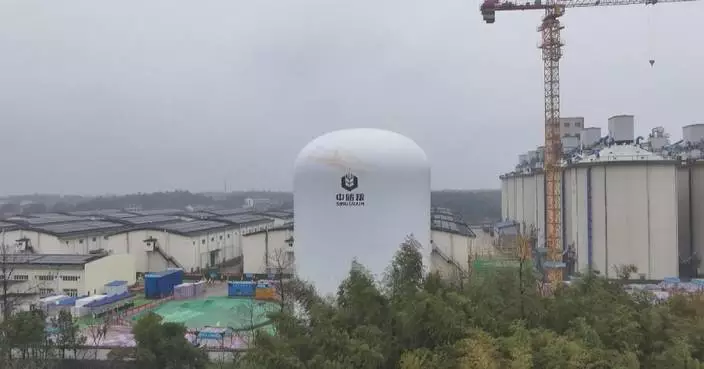SINGAPORE, March 24, 2025 /PRNewswire/ -- Impact fund manager Abler Nordic has partnered with Temasek Foundation, a Singapore-based philanthropic organisation that drives impact programmes in Asia, together with sustainable palm oil producer Musim Mas, and Livelihoods Funds to launch the Sustainable Oil Palm Replanting in Indonesia (SOPRI) project. The pilot initiative facilitates access to financing and resources for smallholders to sustainably replant oil palms, increasing their income while preventing forest encroachment.
In Indonesia, smallholders cultivate over 40% of the country's oil palm land but face a significant challenge: aging oil palms that reduce yields, making replanting an urgent and costly necessity. Without access to affordable financing, some smallholders may expand into rainforest areas, accelerating deforestation and climate change.
The SOPRI project is a key component of Abler Nordic's broader Climate Smart Fund—launched in the pilot phase with funding from the Norwegian Ministry of Climate and Environment—combining public, philanthropic, and private capital to create deforestation-free value chains and support smallholder resilience projects. Temasek Foundation strengthens this blended finance model by setting aside catalytic capital to guarantee and derisk loans to smallholders for the SOPRI project, thereby reducing financing costs for smallholders and de-risking private investment.
In its first phase, the SOPRI project will support 400 smallholders across 400 hectares in Sumatra, offering long-term replanting loans, financial literacy training, sustainability certification, land title support, and participatory village planning to promote responsible land use. In return, smallholders commit to avoiding forest encroachment, monitored through satellite and on-the-ground checks.
The project is designed to demonstrate that sustainable replanting is both financially viable and scalable, with future phases aiming to reach over 20,000 smallholders.
The Climate Smart Fund will act as the lead organisation, managing financial operations and coordinating implementation with local partners such as Koltiva and Bank Amar. Musim Mas is providing technical support to help smallholders achieve sustainable palm oil certification and access markets, while Livelihoods Funds brings expertise in training and certification to help farmers transition to sustainable practices.
Beyond replanting, the project is also exploring climate-resilient agroforestry models, integrating oil palms with shade trees and cash crops to improve soil health, regulate microclimates, and support smallholders in adapting to climate change.
Abler Nordic now aims to expand the broader Climate Smart Fund from the initial USD 10 million fund to 40 million USD in its first close, using a mix of investor capital, guarantees, and grants to scale concrete and sustainable climate action.
Arthur Sletteberg, Managing Director of Abler Nordic, said: "Building long-term relationships with local smallholders, communities and partners is at the heart of our work. What we're doing is complex and unprecedented in many ways, but the results so far demonstrate that we have the right model and risk mitigation to expand the Climate Smart Fund and create long-term, meaningful change for both smallholder farmers and the climate."
Sébastien de Royer, Senior Project Manager – Southeast Asiaof Livelihoods Ventures, said: "At Livelihoods Ventures, we believe in long-term solutions that address challenges at their root. Through this partnership, we aim to empower smallholders with the technical support and advisory needed to transition to sustainable and resilient farming systems."
Mr Rob Nicholls, General Manager of Projects and Partnerships, Musim Mas, said: "This initiative is not just about financial support; it is about empowering smallholders with the knowledge and resources they need to implement sustainable practices. We believe that through collaboration and commitment, we can create a positive impact on both the environment and the communities involved in palm oil production."
Ms Heng Li Lang, Head of Climate and Liveability of Temasek Foundation, said: "This pilot initiative will be a game-changer. By unlocking financing with catalytic capital, smallholders can replant sustainably without bearing huge financial risks. Temasek Foundation is committed in collectively building this Public-Private-Philanthropic partnership with Abler Nordic, Livelihoods Funds and Musim Mas in Nature-based Solutions. We are not only driving positive environmental impact, but also paving the way for scalable and meaningful long-term solutions."
Media contact:
Devane Sharma,
Corporate Communications Department
Email: media@musimmas.com
Phone: (65) 6576 6500
Media Enquiries: (65) 9012 1582 (WhatsApp Calls only)
** The press release content is from PR Newswire. Bastille Post is not involved in its creation. **
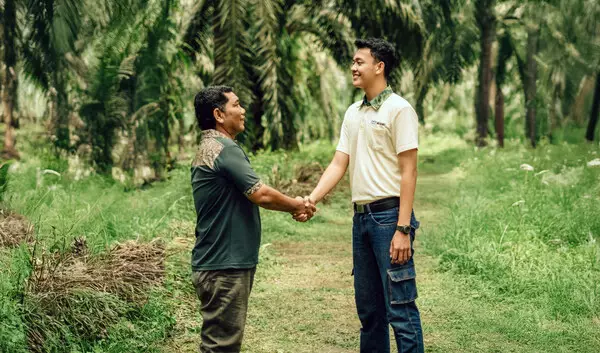
Abler Nordic, Livelihoods Funds, Musim Mas, and Temasek Foundation Launch Blended Finance Initiative on Sustainable Oil Palm to Combat Deforestation and Aim to Support at least 400 Smallholders


